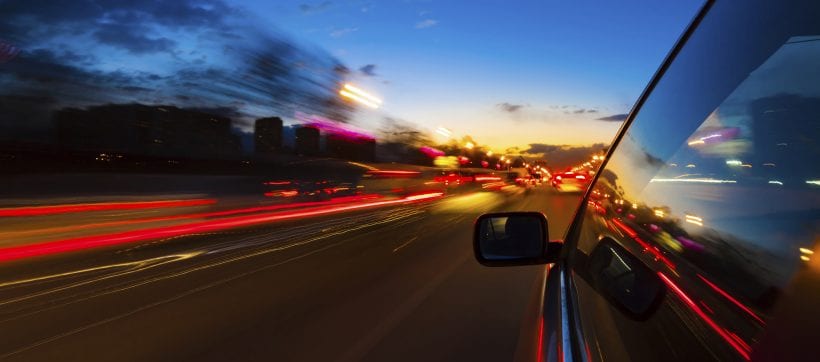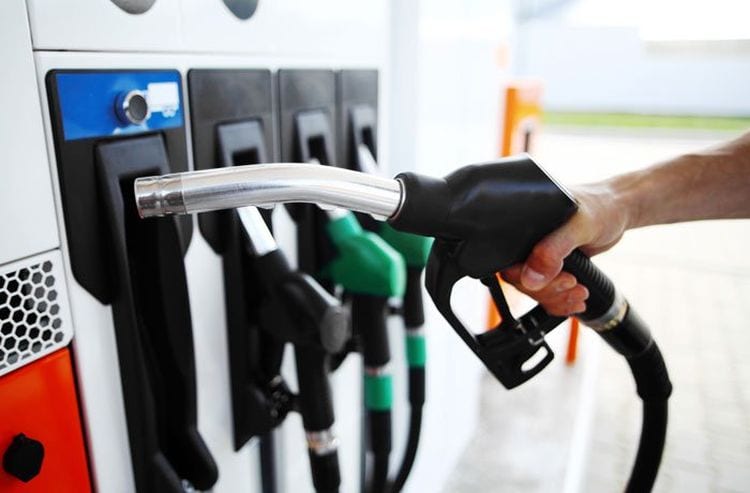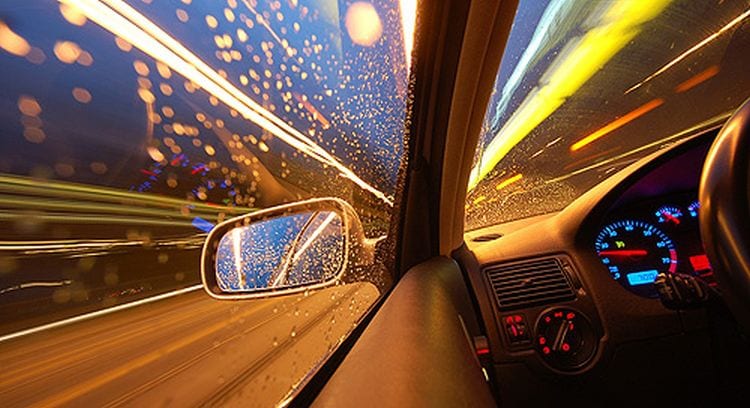This is a guest post by Daniel Summers, a financial consultant for the payday loans service SimplePayday. Simple Payday offer loans, but this article is all about saving you cash by being smart with your miles per gallon.
When I first started driving, I was like any other early driver – I wanted to get where I was going as quickly as I could. If that meant sacrificing a few MPG to do it, I didn’t think twice. Back then, petrol or gas was much cheaper, I had far more disposable income, and my fuel efficiency wasn’t something I spent too much time thinking about it.
Now that I use the car more often, see the pain at the pump each time, I’m more cognizant of how my driving habits affect my fuel use.
Nowadays, I drive more casually. I tend to drive at slower speeds, I’m almost never in a rush, and it’s done wonders for both my fuel mileage and my general disposition.
At first, it was tough. It didn’t bother me that trips took a few minutes longer (I hardly noticed) but driving felt a little longer because I wasn’t going as fast. Then I learned to enjoy what was on the radio, enjoy the sights (even if it’s just some trees whizzing by on the highway), and I felt zero anxiety about seeing police cars stopped at the side of the highway (when you’re going at the speed limit or just a few miles over it, instead of ten, you will never get pulled over for speeding). I think it has translated to better fuel efficiency, but more importantly, I think I’m calmer.

Here are a few driving tips that can get you a few extra miles per gallon:
- Slow down. A 20-mile drive takes 15 minutes if you’re flying at 80 MPH, it takes 20 minutes if you’re going at 60 MPH… except you won’t ever get pulled over on the highway going 60 MPH. Are you really trying to save those five minutes or do you just prefer to drive fast? Chances are, it’s the latter (if it’s because you want to save five minutes, leave five minutes earlier). When you slow down, you save gas (less wind resistance to fight), and you lower your stress, both of which are good for you.
- Don’t accelerate or brake sharply. When you accelerate, whether it’s slowly or quickly, you use more gasoline than when you’re idling (duh!) or coasting. When you accelerate quickly, you use it much faster than if you accelerate slowly – so avoid increasing your rate of speed drastically and you’ll cut down on wasted fuel. The reason why city driving mileage is lower than highway driving mileage is because of the constant acceleration from a complete stop (such as at lights and stop signs). Braking doesn’t cost you fuel, it just costs you speed. When you brake, you need more fuel to get back to “normal” driving speed. So avoid braking by giving yourself ample distance between vehicles.
- Lighten your load. Are you carrying a lot of unnecessary stuff in your car? The heavier your car, the more fuel it takes to move it around. Some people have even resorted to removing seats to reduce the weight of the car! (I would not recommend removing your spare tire though!)
- Perform regular maintenance. As we try to save a few extra quid, you might have considered changing your oil less frequently than the manual instructs or skipping check-ups and maintenance needs – don’t. Regular maintenance and oil changes keep your car at peak performance and will lengthen its lifespan, both of which will save you money in the long run.
- Use the proper fuel. If your car takes regular unleaded gasoline, use regular unleaded. If it requires premium, use premium. Don’t use premium if you only need regular, don’t use regular if your car requires premium. The octane has to do with how much the fuel can be compressed before it ignites. Premium isn’t “better,” so don’t buy it unless you need it – you can read more about the high-octane gas myth.
I have a friend who absolutely loves his car. It’s not a fancy car, it’s just new to him, and he treats it like his baby. He takes very good care of it, gets it washed once a week (more if he gets it dirty), and is generally a very caring owner.
He also fills up with premium gasoline because, well, he thinks the gas is “better.” The only problem is that, just like his once a week car washes, he’s leaking money like crazy. While it’s debatable whether or not you really need to wash your car once a week, it’s almost certainly a leak if you go to a car wash, putting premium gasoline into a car that doesn’t need one is completely unnecessary. It’s as bad as putting regular unleaded into a car that demands a premium.
Is premium gas/petrol better? “Yes.”

Yes, is in quotes because it’s better at handling compression. The higher octane means it can be compressed more before exploding. Cars that require premium gasoline will compress the gasoline to much higher PSI before igniting it. If you put regular unleaded into a premium gasoline engine, it’ll misfire. The fuel will ignite before the engine is ready and that’s the reason you’ll hear “knocking.”
When you put premium fuel into an engine designed for regular unleaded, it’s like NFL playoff-bound teams playing their starters in the final game of the regular season. There’s no added benefit to using the better stuff, it just costs more. Your car doesn’t run better, it doesn’t run more efficiently, it simply costs more for the gasoline.
Higher octane doesn’t mean better fuel, it’s just different fuel that’s more expensive to manufacture.
If you want to treat your car better, avoid driving like a maniac, which increases wear and tear (and carpool!).

